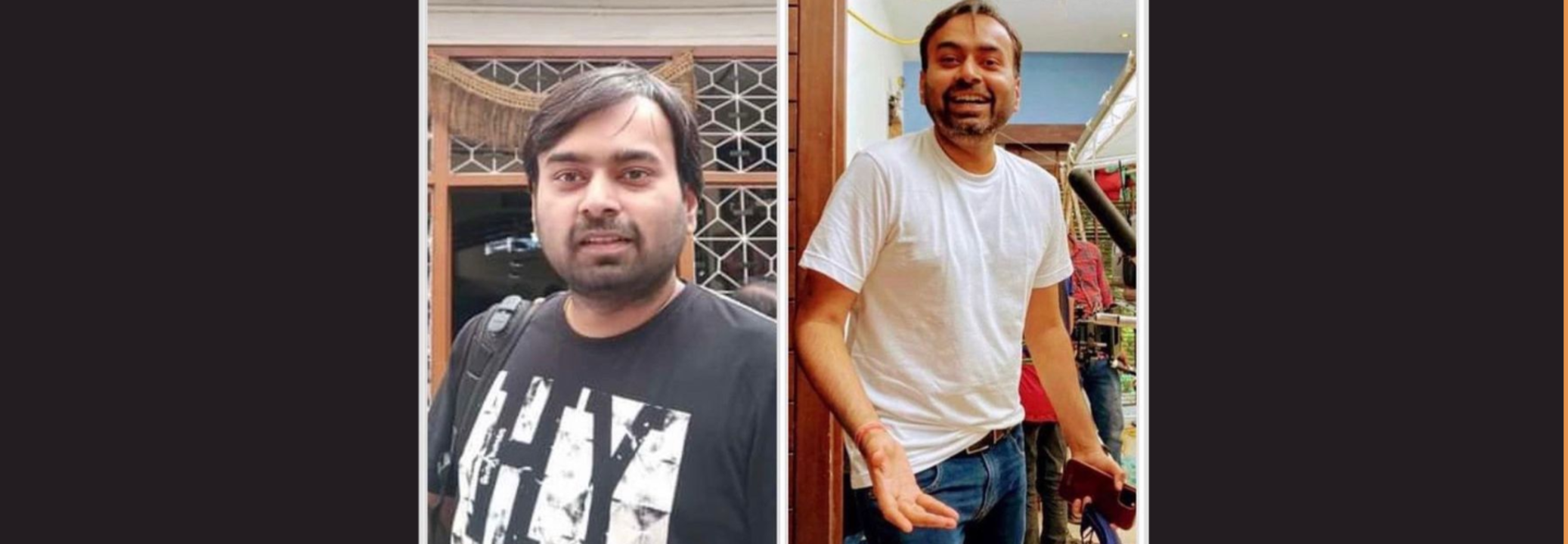From Walking 25000 Steps Daily To 7300 Kms In A Year, Meet The Man Who Walked His Fitness Back Into His 20s

SummaryRohit Sakunia transformed his life by walking over 7,300 kilometers in a year, combining discipline, endurance, and emotional resilience to reclaim his health, balance his mind, and rediscover inner strength.
End of Article
